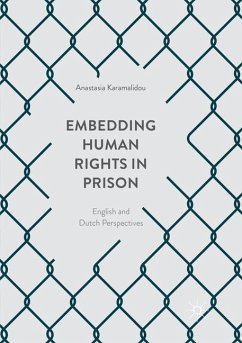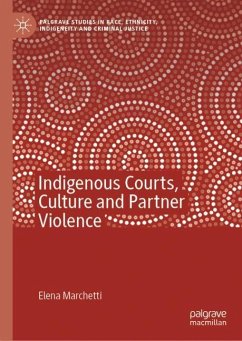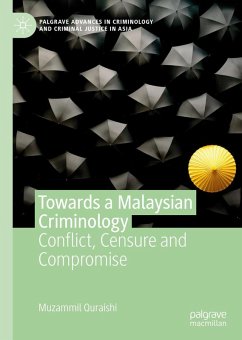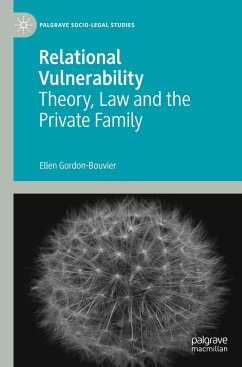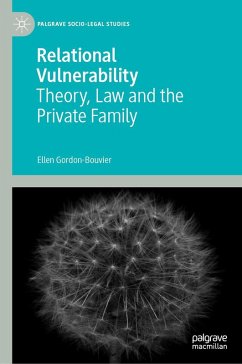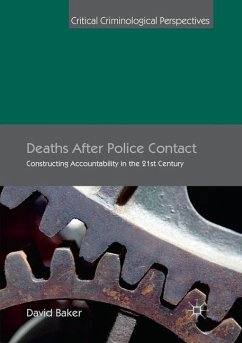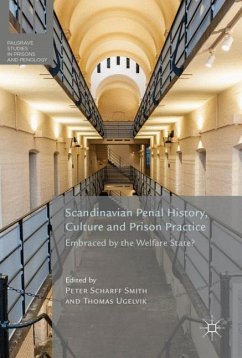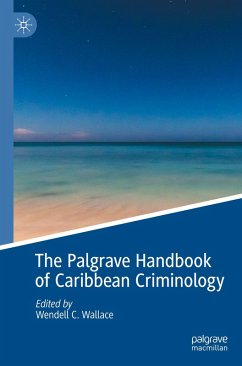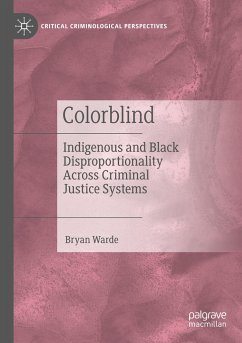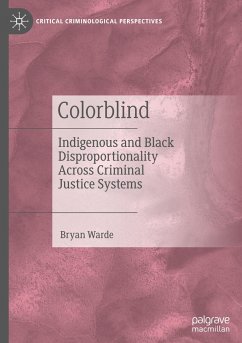
Decolonising Criminology
Imagining Justice in a Postcolonial World

PAYBACK Punkte
61 °P sammeln!
This book undertakes an exploratory exercise in decolonizing criminology through engaging postcolonial and postdisciplinary perspectives and methodologies. Through its historical and political analysis and place-based case studies, it challenges criminological inquiry by installing colonial structures of power at the centre of the contemporary criminological debate. This work unseats the Western nation-state as the singular point of departure for comparative criminological and socio-legal research. Decolonising Criminology argues that postcolonial and postdisciplinary critique can open up new ...
This book undertakes an exploratory exercise in decolonizing criminology through engaging postcolonial and postdisciplinary perspectives and methodologies. Through its historical and political analysis and place-based case studies, it challenges criminological inquiry by installing colonial structures of power at the centre of the contemporary criminological debate. This work unseats the Western nation-state as the singular point of departure for comparative criminological and socio-legal research. Decolonising Criminology argues that postcolonial and postdisciplinary critique can open up new pathways for criminological investigation. It builds on recent debates in criminology from outside of the Anglosphere. The authors deploy a number of heuristic devices, perspectives and theories generally ignored by criminologists of the Global North and engage perspectives concerned with articulating new decolonised epistemologies of the Global South. This book disputes the view that colonisationis a thing of the past and provides lessons for the Global North.





